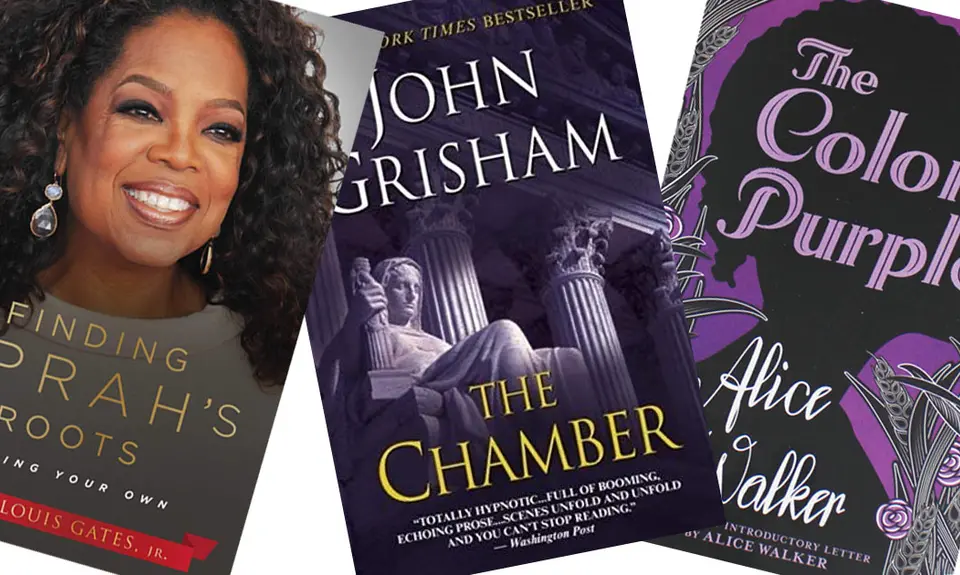Advocates for Freedom of Expression, including People For the American Way, are urging people to sign a petition calling on Congress to take action against what they are calling “the largest book ban in America”—the “arcane and arbitrary systems of book restrictions” for the more than 2.2 million Americans who are incarcerated. The effort is sponsored by PEN America, Daily Kos, Defending Rights & Dissent, RootAction.org, Progress America, and PFAW.
The coalition is responding to actions taken by both state and federal prison systems to dramatically restrict or shut down book deliveries to incarcerated people, even though there is evidence that allowing people access to outside information and ideas “is essential to a successful transition back into society.”
These groups are using Banned Books Week—an annual call to resist censorship that is led by a coalition that includes People For the American Way affiliate PFAW Foundation—to call attention to this widespread problem. Here are some more details:
The largest book ban in the United States isn’t found in our schools or our local libraries. It’s found in our prisons.
Over 2.2 million Americans are incarcerated, meaning that the arcane and arbitrary systems of book restrictions for incarcerated people represent the largest book ban in America. And yet these restrictions get little public attention.
Access to literature in American prisons is getting worse and worse. In the past few years, with the stated aim of blocking ‘contraband’ from entering prisons, various states as well as the federal prison system have attempted to dramatically restrict book deliveries to incarcerated people, or shut down such deliveries entirely.
In Texas, the Department of Criminal Justice has banned over 10,000 books from prisons, including books by Alice Walker, John Grisham, Jenna Bush Hager, Henry Louis Gates, Jr., and Bob Dole. While books from Adolf Hitler and David Duke have been allowed, books about civil rights and prison conditions are often blocked.
Prisons across the country have attempted to ban the book “The New Jim Crow: Mass Incarceration in the Age of Colorblindness.” Public outcry has forced many prisons to reverse their decision, and yet, bans on books that discuss mass incarceration continue in prisons across the country.
In the past two years alone, advocates have joined together in decrying book restriction policies in New York, Maryland, Washington State, Illinois, and others.
The federal prison system alone encompasses over 177,000 incarcerated people, and it has made its own attempt to restrict book access. Last year, the Bureau of Prisons rolled out a pilot program where incarcerated people would have to pay an unexplained 30% markup to buy books. Thankfully, the program was rescinded after public outcry.
You can also celebrate Banned Books Week by attending an event in your community—or by recording video of yourself reading an excerpt from a favorite challenged book and uploading it to YouTube, where it may be featured on the Banned Books Week YouTube channel.
